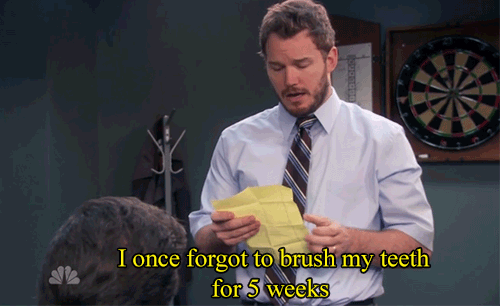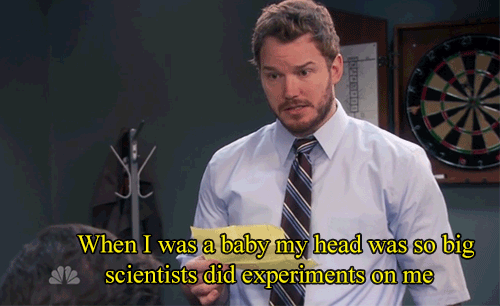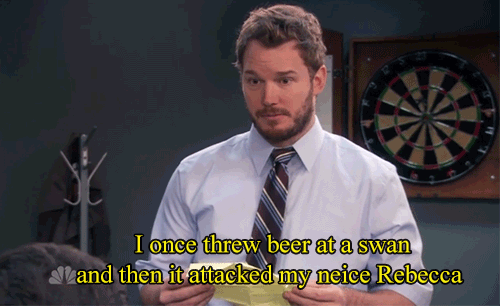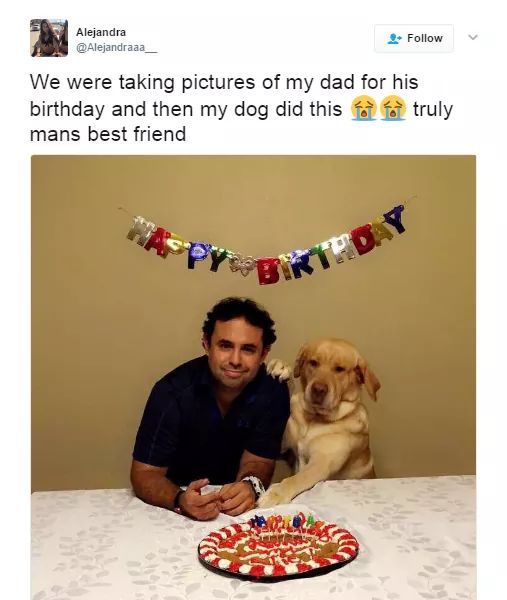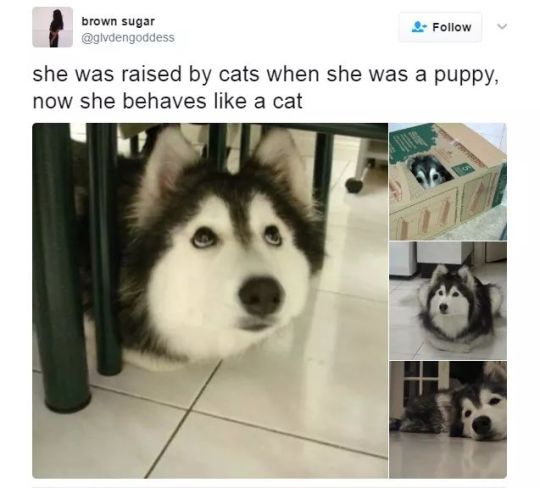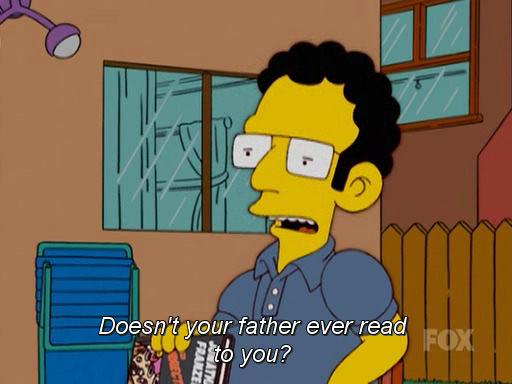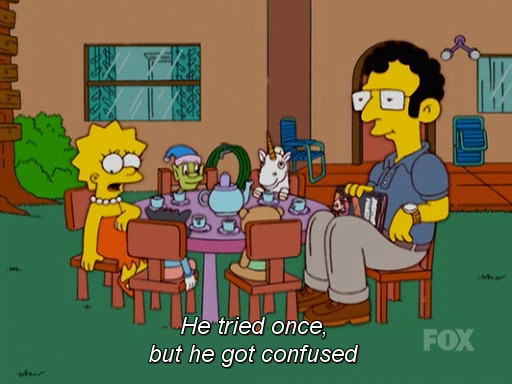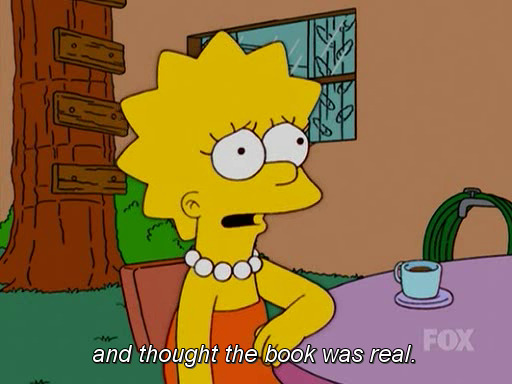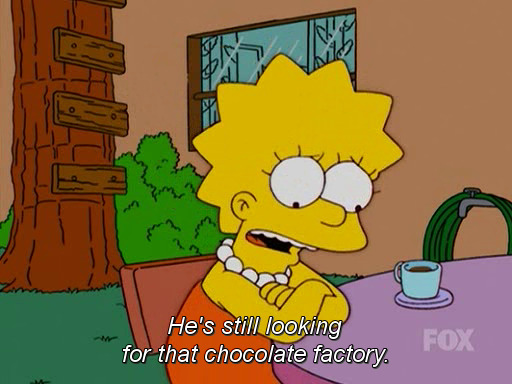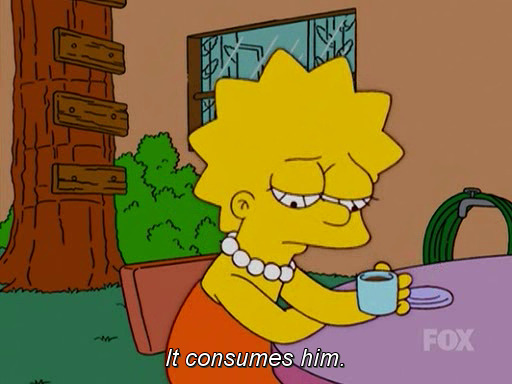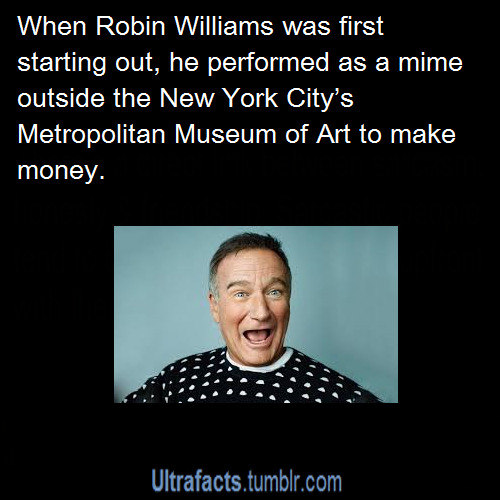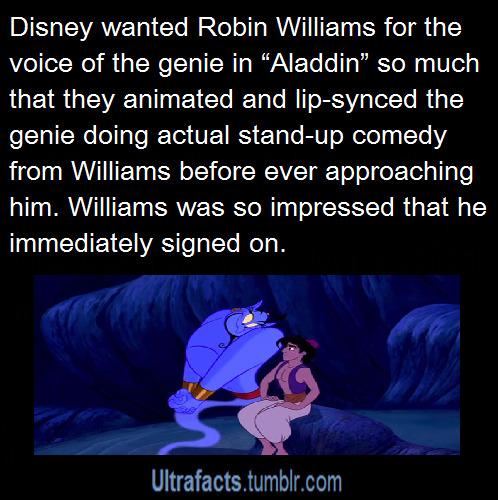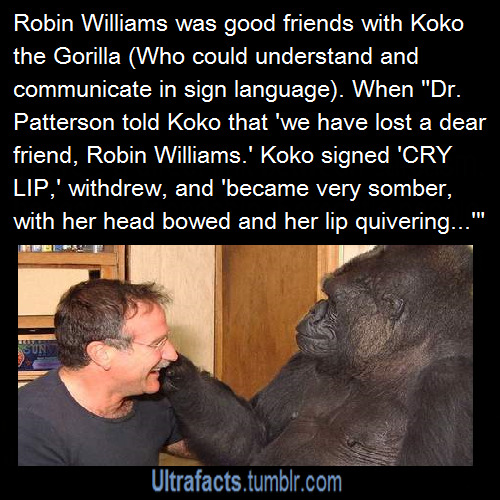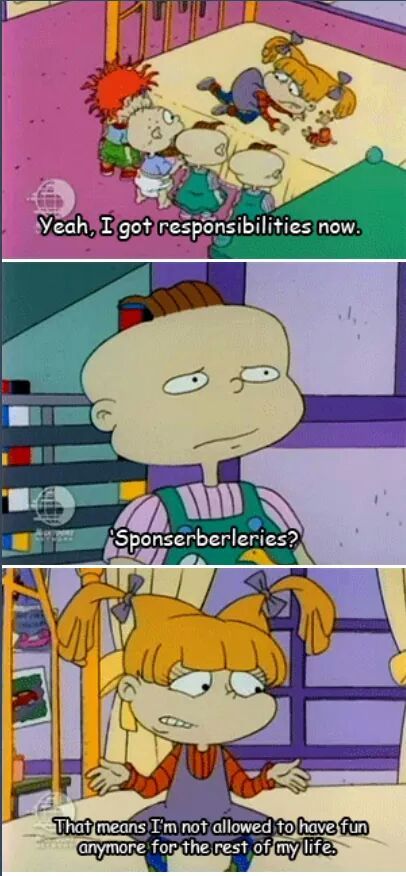Photo

Writing a smile on a cup. A small gesture still has the ability to set the tone for the day on the right foot. So spread some positivity today and make someone else’s day. :) #smile #yeg #idontknowhowtohashtag #positivity https://www.instagram.com/p/B2y4nxbgWIT/?igshid=1th0n6jc933b9
4 notes
·
View notes
Text
Q&A: In Tragedy, Reject Despair
How can a writer avoid putting a happy face over a tragedy ? There was this show I watched that really made me angry because of the way it kind of had a forced happy ending that completely undermined a characters arc and really made me angry. The message of the show basically is people can get over ANYTHING if they’re optimistic enough. No, they cant. They can’t get over a concentration camp.
Honestly, if this show left a bad taste in your mouth, I’ll direct you to Elie Wiesel. Read the works of those people who lived through the experience, and you’ll have a better understanding of how to avoid a forced happy ending. However, remember, some of the people who survived the Holocaust did have happy endings. Or, what we would consider happy.
“I am pessimistic because I don’t trust history. But at the same time, I am optimistic. Out of despair, one creates. What else can one do? There is no good reason to go on living, but you must go on living. There is no good reason to bring a child into this world but you must have children to give the world a new innocence, a new reason to aspire towards innocence. As Camus said, in a world of unhappiness, you must create happiness.”
– Elie Wiesel, New York Times interview, April 7, 1981
You can have a tragedy be a tragedy, and still have hope.
In fact, we must have hope.
Remember, all these quotes from Elie Wiesel come from a man who survived the Nazi death camps and experienced it first hand. In fact, if you ever want to read a story about concentration camps Night is a good one to start with. The whole of Wiesel’s catalogue actually, Night deals specifically with the camps but it’s a trilogy. Of the three, it is a memoir based on his experiences in Auschwitz. However, Dawn and Day both deal with struggling in the aftermath. In Dawn’s case, the story is about a holocaust survivor traveling to Palestine to join the resistance against the British and tasked with the assassination of a British officer.
In fact, a key piece of a lot of Holocaust literature written by survivors is hope. Not in the classic Hollywood happy ending, but hope nonetheless. They’re about who we choose to let tragedy make us into, come to an understanding of suffering, and find a measure of peace. When faced with monstrosity, you can either embrace it or reject it.
In fiction, we build to our endings. In a well crafted piece of fiction the ending is never false, because its a natural conclusion to the characters experiences and their arcs.
You avoid putting a falsely happy face on a tragedy is in all the events that come before the end. If this is not where they’re character arcs are leading them then the ending will feel false. (Any ending forcing happy endings will be false if they defy the setup that got them there.) The end is a conclusion, it is the fulfillment of everything your story promises. If you want an honestly “happy” ending for characters, you need to acknowledge their experiences and the conclusions those experiences led them to. Tragedy is sad in abstract, but it means something different to those who experience the tragedy firsthand. Their experiences are unique, and their relationship to the tragedy is unique. This is a defining aspect of their character arc.
I’ll point out, Shakespeare’s Comedies and Tragedies follow the exact same story structure. They’re the same until we hit that final act, after the ground shaking horrible event X happens whether that’s Hero being framed for adultery or Mercutio’s death. These are the points where the dominos begin falling, the only difference is in how they do. The question is does it all go to pot? Or do the characters figure it out? Romeo and Juliet could’ve been a comedy, Othello and Much Ado About Nothing have similar story beats and Much Ado‘s John is the proto Iago. Shakespeare structured his plays so he could flip a coin and whichever way the final act played out it’d still be in character.
The difference between a tragic ending and a happy one is a knife’s edge apart, dependent on the decision making of the characters in question. When it is a natural extension of a character arc, no happy ending is false. The key piece to understanding how to handle tragedy in your fiction and, in some ways, real life is to grasp that you don’t get over the tragedy. You deal with tragedy. You find the courage to face the emotional aftermath, to not let the experience define who you are, to believe in kindness, in goodness, to reach out in compassion. Then, in time, to move on.
This act is part of your character’s arc. This is a choice.
The difference between a happy ending and a forced happy ending is the characters are creating their happy ending for themselves. They aren’t given happiness. They choose happiness. They march toward happiness. They make their continued survival a choice, an act of defiance and rebellion. They make kindness and compassion choices, they choose kindness when the world laughs at them. This is an action, not a reaction. Active, not passive.
This is the very definition of “earn your happy ending.”
Except, they don’t earn their happiness. They take it.
They choose. They create. They live.
Tragedy can bring out the worst in a character, but it can bring out the best in them too. In tragedy, we find the strength to continue forward. Life becomes precious, happiness precious, courage precious. All these are active choices by the individual and as a result are powerful. A natural happy ending in a narrative is when the characters create the happy ending for themselves. Their determination in the face of extreme horror, their struggles against cynicism, and their ultimate rejection of despair.
The characters choose happiness. They can’t be given happiness. They’re the only ones who can find happiness for themselves, that’s the only way “happiness” has any meaning.
“People say occasionally that there must be light at the end of the tunnel, but I believe in those times there was light in the tunnel. The strange way there was courage in the ghetto, and there was hope, human hope, in the death camps. Simply an anonymous prisoner giving a piece of his bread to someone who was hungrier than he or she; a father shielding his child; a mother trying to hold back her tears so her children would not see her pain—that was courage.”
– Elie Wiesel, Days of Remembrance remarks, April 9, 2002
In tragedy, we find the worst of humanity. We also find the best of humanity. We find strength, real strength in hope. When the happy ending is not provided, we must create one for ourselves. We aren’t past it, we aren’t over it, but even just going on living is an act of defiance. An act of rebellion, a middle finger to all those assholes striving so hard to take away everything you are and kill you.
Honestly, admire the pure grit of the survivors to come through such horrific situations and keep moving forward. Who see the worst the world has to offer and reject it. Admire the strength it takes. To experience what they did and look optimistically to the future takes an unimaginable level of emotional strength, but coming to that place of strength isn’t easy. Emotional strength isn’t a state of morality, it isn’t guaranteed. The scars will continue, but that doesn’t mean hope is impossible or the experiences are forgotten. Or that the experiences of the parents won’t affect the next generation.
There’s an entire literary genre based on the second generation experiences of the adult children of Holocaust survivors working through the fallout of their parents’ experiences. Of them trying to understand their parents through the generational gap. Maus is one example. This is secondary to the literary genre of holocaust survivors working through their autobiographical experiences. The children’s experiences are unique, they work through the tragedy experienced by their parents; experiences they cannot wholly understand. They mourn the grandparents, aunts, and uncles they never met. Their parent’s previous partners who died in the concentration camps. The siblings they never got to know, who died, who were abducted, or otherwise lost. The scars of the parents are scars on the children who love them, who struggle to understand their experiences and forge their own identity.
“I know and I speak from experience, that even in the midst of darkness, it is possible to create light and share warmth with one another; that even on the edge of the abyss, it is possible to dream exalted dreams of compassion; that it is possible to be free and strengthen the ideals of freedom, even within prison walls; that even in exile, friendship becomes an anchor.”
– Elie Wiesel, Days of Remembrance remarks, April 23, 2009
A story and its characters can come out of horror with courage and hope for the future. The question to the author is did they earn that happy ending? Was that the path of progression their characters were on? Were they finding the best of humanity in tragedy? Did they remember kindness exists in all the cruelty and misery? That when given the option to be their worst selves, some human beings can and do rise above?
The answer to a happy ending after a tragedy is the author finds a way to allow the experiences of their characters to become a source of personal strength. That strength and compassion is not cheesy or silly or unrealistic. These stories are powerful and moving.
If you believe these stories are cheesy, if you believe them impossible, if you look at the darkness and cannot see how someone could come through the experiences to find the light then you won’t be able to write these stories. They don’t come prepackaged. They take work, hard work, to tell. Cynicism and pessimism are easier than optimism, hope harder to hold onto than despair. It is difficult to believe in yourself, especially in the face of adversity.
The character must find that strength as part of their narrative arc, come to their own conclusion of what their experiences mean to them, to heal themselves, and to get themselves to the point where they can look at Wiesel’s quotes and not feel they’re cheap.
Many nights we prayed
With no proof anyone could hear
In our hearts a hope for a song
We barely understood.
Now we are not afraid
Although we know there’s much to fear
We were moving mountains
Long before we knew we could.
There can be miracles
When you believe
Though hope is frail
Its hard to kill.
Who knows what miracles
You can achieve
When you believe somehow you will
You will when you believe. – “There Can Be Miracles (When You Believe)”
Did the author allow the possibility for miracles? Or are they telling a story that says, “life sucks and then you die”? If its the latter, then that forced happy ending will be cheap. It’s meaningless. The characters didn’t just fail to earn it, they don’t even believe in it. They don’t put any value in happiness or the possibility of it and, as a result, the audience won’t either.
You may not “get over” the experiences in a concentration camp, but, by god, you can live a happy life. People have. They did. They saw the horrors of humanity, and beat it. They refused to stay victims. They went on to lead happy lives with their families. They won.
A character arc can involve someone who is depressed, angry, in pain, whose emotions are ugly and they’re lashing out at everyone who gets close. They can transform, and that transition is their arc. As they find that light at the end of the tunnel, come through it into a new understanding. Find compassion, kindness, and inner strength to carry them forward. To not give up. To hope. To be happy.
What that arc isn’t is a natural state or inevitable conclusion. The story can just as easily go the opposite direction. The path of darkness and despair is just as natural, and doesn’t mean the person who loses faith and collapses under the weight of their experiences is any weaker. Those who became the worst versions of themselves in order to survive. Those people existed too, and their stories are just as powerful.
Kindness and compassion are not givens, they’re not guarantees. You aren’t guaranteed anything. Certainly not a happy ending. We find happiness in ourselves. You’ve got to fight for that goodness, fight to hold onto it. Sometimes, we fail. Sometimes, we see embracing the darkness as the only way to survive. That’s a different kind of hope. It’s ugly and it’s cruel, and it is part of us.
Some rose up, and some didn’t.
Whose story are you telling?
You give a tragic story an honest ending by being honest about what happened with your characters. Where did they end up at the end? What did they do? What life they will live now?
Stories are like life.
You’ve got to fight.
As Elie Wiesel says, you must reject despair. This is a conscious action, it is a choice. That is what makes stories of hope so powerful, because finding hope in the darkness isn’t easy.
We choose to hope, we pursue hope, we fight for hope.
“Just as man cannot live without dreams, he cannot live without hope. If dreams reflect the past, hope summons the future.”
– Elie Wiesel, Nobel Lecture, December 11, 1986
If your characters are not fighting for hope, if they are not choosing to reject despair, if they are giving up optimism and embracing cynicism, if they have accepted cruelty as a state of nature, and nothing they or anyone do will ever make it better then they will not have a happy ending. And any happy ending given to them will feel false until they go on a quest to find hope again.
Suffering is not what earns happy endings. We don’t get happy endings because we deserve them. We get them by fighting for them, through soul-searching. By clinging tenaciously to hope. We find that ending in perseverance and continuing to strive for a better tomorrow. Choosing hope and rejecting despair is where happy endings come from. That’s where happiness comes from.
The choice is why happiness, compassion, kindness, and hope are so very precious. Remember, no one said choosing happiness and optimism in adversity was easy.
Anyone who did lied.
“I cannot cure everybody. I cannot help everybody. But to tell the lonely person that I am not far or different from that lonely person, that I am with him or her, that’s all I think we can do and we should do.”
– Elie Wiesel, “Super Soul Sunday,” December 9, 2012
-Michi
This blog is supported through Patreon. If you enjoy our content, please consider becoming a Patron. Every contribution helps keep us online, and writing. If you already are a Patron, thank you.
Q&A: In Tragedy, Reject Despair was originally published on How to Fight Write.
668 notes
·
View notes
Video
He thinks he’s being all clever trying to sneak up on me. Bless him. 😍🙊 #pug #pugs
174K notes
·
View notes
Photo

This wonderful entry in the #wrongspelling of my name comes from work of all places. I guess you could say she was A-mazed with my client service...#badjoke #idontknowhowtohastag #lol #yeg #work
1 note
·
View note
Photo





It’s time to stop talking about The Handmaid’s Tale like it’s futuristic dystopian fiction. The war on women is real and Republicans are trying to legislate rape culture into law.
27K notes
·
View notes
Photo

Another wonderful entry for the #wrongspelling of my name. This time it's work related. #brownpeopleproblems #idontknowhowtohastag #idontknowwhatiamdoing #sadface #funny
0 notes
Photo

Woo! Like a cat bringing a dead bird, it's a treasure in the form of yet another wrong spelling of my name. I'm Magen apparently. #brownpeopleproblems #yeg #idontknowhowtohastag
1 note
·
View note
Photo

In case you guys didn't know, I can time travel. Couldn't even get a job in 1969, my future looks grim right now. #yeg #timetravel #job #idontknowhowtohastag #idontknowwhatiamdoing
0 notes


